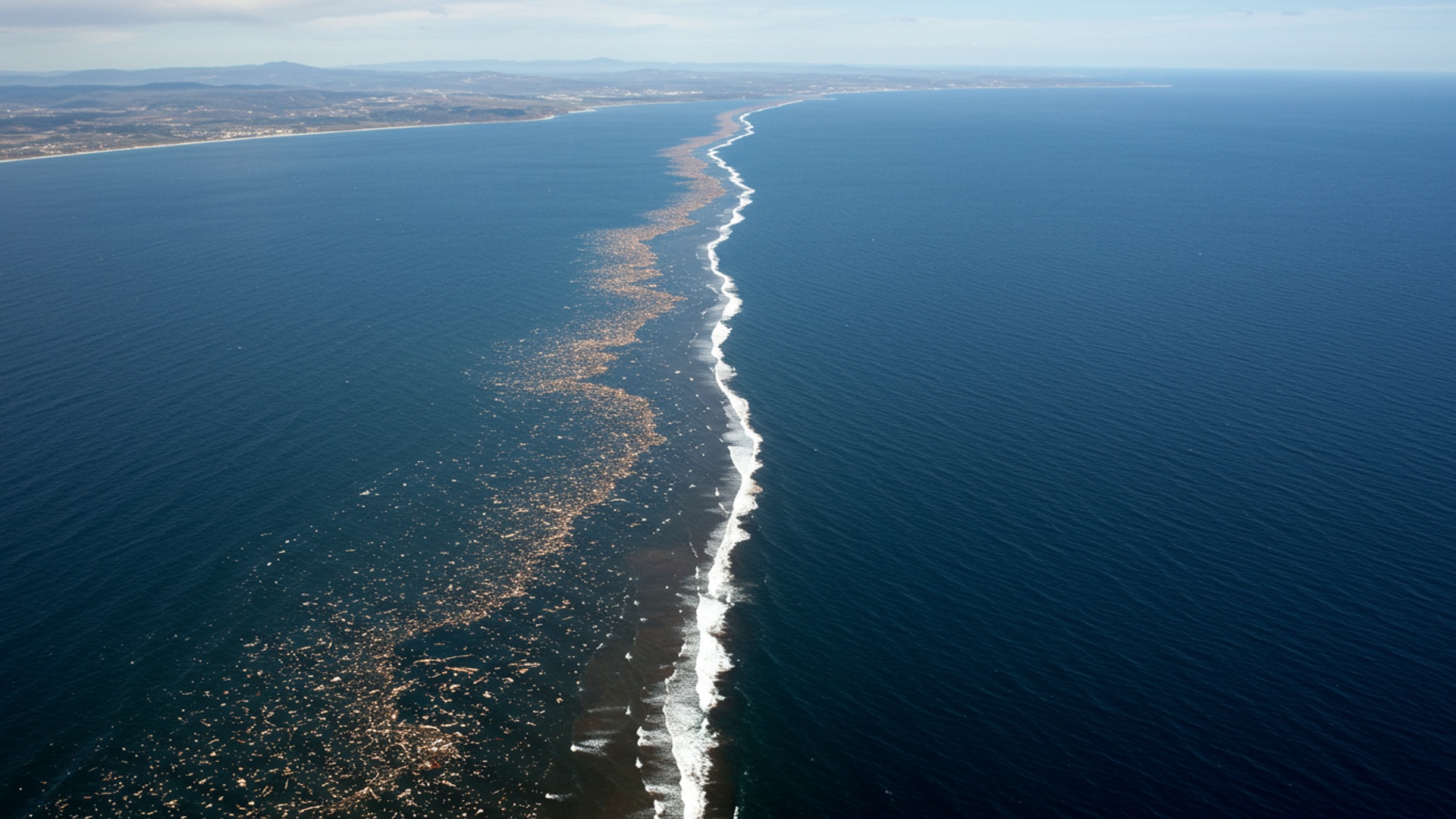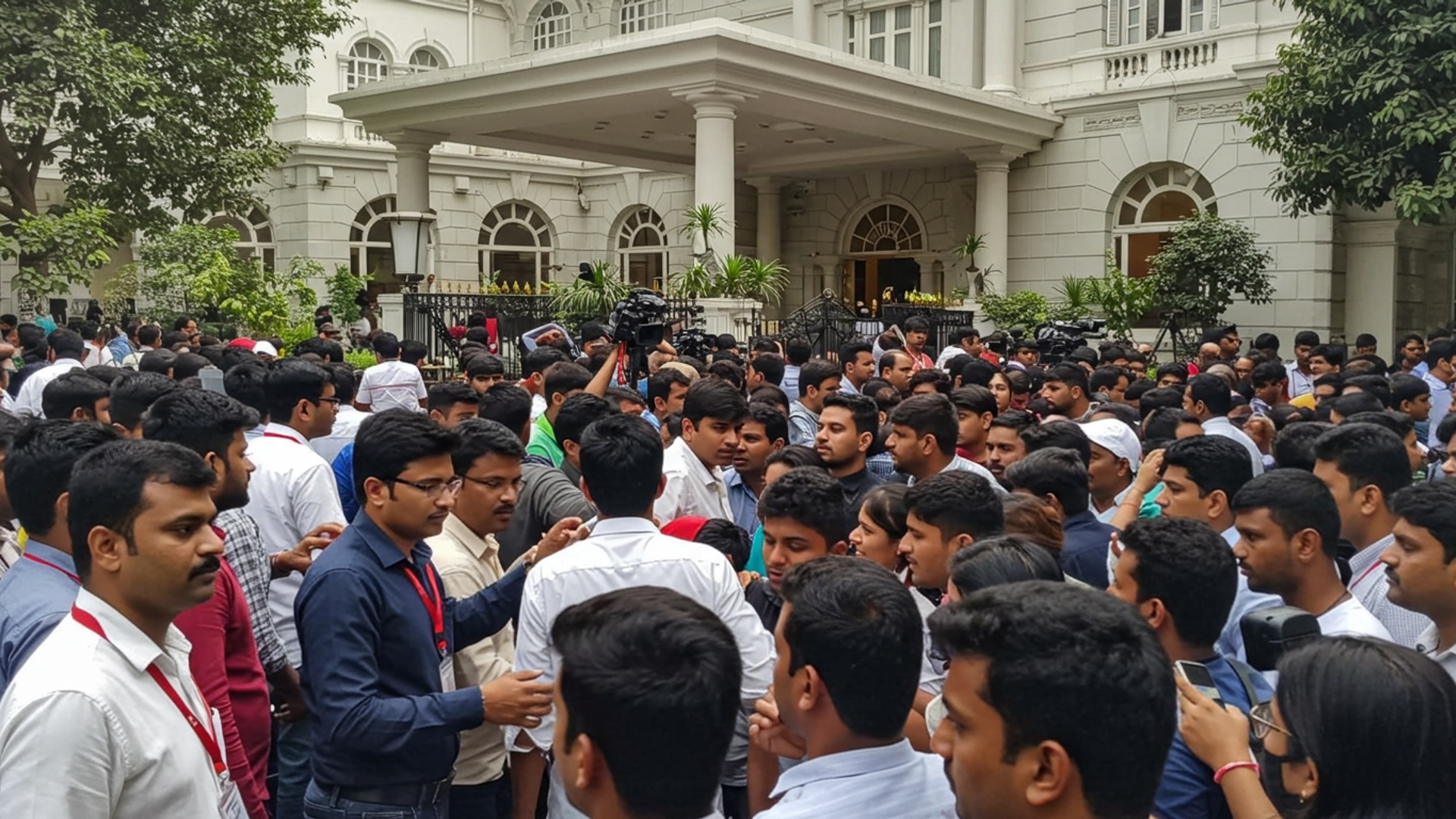The southern Indian state of Kerala is demanding billions of dollars in compensation following massive environmental damage caused by a sunken ship off its coast. This urgent call for funds comes as coastal communities face the ongoing severe impact, with widespread pollution threatening marine life and vital fishing grounds. State officials highlight the immense cost of long-term cleanup and restoration, emphasizing the lasting harm to the region’s delicate ecosystem and the livelihoods depending on its waters, pressing for immediate financial accountability for the devastating incident.
Recent Incident Triggers Demands
The state of Kerala has filed a major legal claim for approximately 9,531 crore rupees, or about 1. 1 billion US dollars, in compensation. This claim is against the Mediterranean Shipping Company (MSC) due to environmental and economic harm caused by the sinking of their cargo ship, MSC ELSA 3, off the Kerala coast. This legal action marks the first time in Kerala’s history that such a large compensation claim has been brought before the courts for an environmental disaster. The MSC ELSA 3, a Liberian-flagged container vessel, sank on May 25, 2025, after experiencing a tilt while traveling from Vizhinjam to Kochi. The incident occurred about 13 to 14. 6 nautical miles off the coast of Alappuzha, also reported as 38 nautical miles off the Kochi coast. The ship was carrying 640 containers, including 13 with hazardous materials and large amounts of diesel and furnace oil.
Environmental Damage and Spill Concerns
The sinking of the vessel has led to fears of widespread environmental damage. Reports indicate a significant oil slick and the release of hazardous cargo into the Arabian Sea. Among the cargo were plastic pellets, known as nurdles, which have washed ashore along the coasts of Thiruvananthapuram, Kollam, Alappuzha. even reaching Tamil Nadu’s Kanniyakumari district. These small plastic pellets are difficult to clean up and pose a serious threat to marine life, as they can be mistaken for food and ingested by aquatic animals. Over 600 tonnes of nurdles have been recovered so far. officials believe tens of thousands of bags remain in the ocean. The ship also carried 13 containers with hazardous materials and 12 containing calcium carbide. Calcium carbide can become flammable when it reacts with water and can make the water more alkaline, harming the marine ecosystem. Oil spills, even minimal ones, can block sunlight, disrupting the marine food web. toxic parts of oil can harm marine life, causing suffocation or poisoning. Scientists have warned that diesel and engine oil contain hydrocarbons that can stay in food systems and harm the bottom-dwelling marine ecosystem. Six whale and dolphin carcasses have also been found along the shoreline, possibly due to exposure to toxic substances.
Impact on Local Lives
The environmental damage has directly impacted the livelihoods of thousands of fishing families in Kerala. Fishing communities have reported a sharp decline in their catches and a fall in seafood prices due to fears of contamination. The state government had to issue advisories telling fishermen not to go into the sea and provided emergency money and food aid to over 105,000 families who depend on fishing. The compensation claim from the Kerala government includes funds for various types of losses and expenses:
| Category of Claim | Amount (Rupees) | Amount (Approx. USD) |
|---|---|---|
| Pollution Damage | 8,626. 12 crore | 1. 03 billion |
| Environmental Restoration and Preventive Measures | 378. 48 crore | 45 million |
| Economic Loss to Fishermen | 526. 51 crore | 63 million |
| Total Claim | 9,531 crore | 1. 138 billion |
This breakdown shows the state’s focus on both ecological recovery and supporting the affected people.
Legal Action and Company Response
The Kerala government has filed an admiralty suit in the Kerala High Court. As part of the legal process, the High Court ordered the temporary detention of MSC Akiteta II, a sister ship of MSC ELSA 3, which was docked at Vizhinjam port. This detention is meant to ensure that the shipping company provides security for the large compensation amount demanded. But, the Mediterranean Shipping Company (MSC) has challenged Kerala’s claim. MSC argues that the state government does not have the authority to seek such maritime claims because the ship sank outside India’s territorial waters, approximately 14. 5 nautical miles from the shore. The company also stated that any pollution, if present, was minimal. They claim there was no significant damage to the marine environment or fisheries. MSC also disputes the ownership links between MSC Akiteta II and MSC ELSA 3, stating they are not the registered owner of either vessel. The company cites state pollution control board findings which reportedly showed no major change in seawater quality. They also pointed out that the central government did not issue any fishing ban after the incident, questioning the state’s claims of losses to fishermen. MSC has argued that the state’s fishing ban was “speculative and arbitrary,” especially since the region was already under a monsoon fishing ban. They have also said that the containers with hazardous goods sank with the vessel without evidence of leakage.
International Rules and Future Steps
This case involves complex international maritime laws. Global conventions like the International Convention on Civil Liability for Oil Pollution Damage (CLC) and the International Oil Pollution Compensation Fund (IOPC Fund) aim to ensure money is available for people affected by oil pollution from ships. These rules generally place the responsibility on the ship owner for pollution damage. The CLC requires ship owners to have insurance to cover their liability. But, the question of who pays for such large-scale environmental damage, especially when hazardous substances other than oil are involved, can be complicated. While the CLC covers persistent oils, other conventions like the Hazardous and Noxious Substances (HNS) Convention are designed for spills of chemicals, though the HNS Convention is not yet fully in force. The Kerala government’s legal action could set an crucial example for environmental responsibility in India’s shipping industry. Beyond the immediate claims, public interest lawsuits have also been filed, calling for a court-monitored investigation and suggesting a special fund for coastal victims. Environmental groups have called for transparency from the company and government agencies about the lost cargo and for polluters to be held fully responsible for long-term impacts. ![]()






















